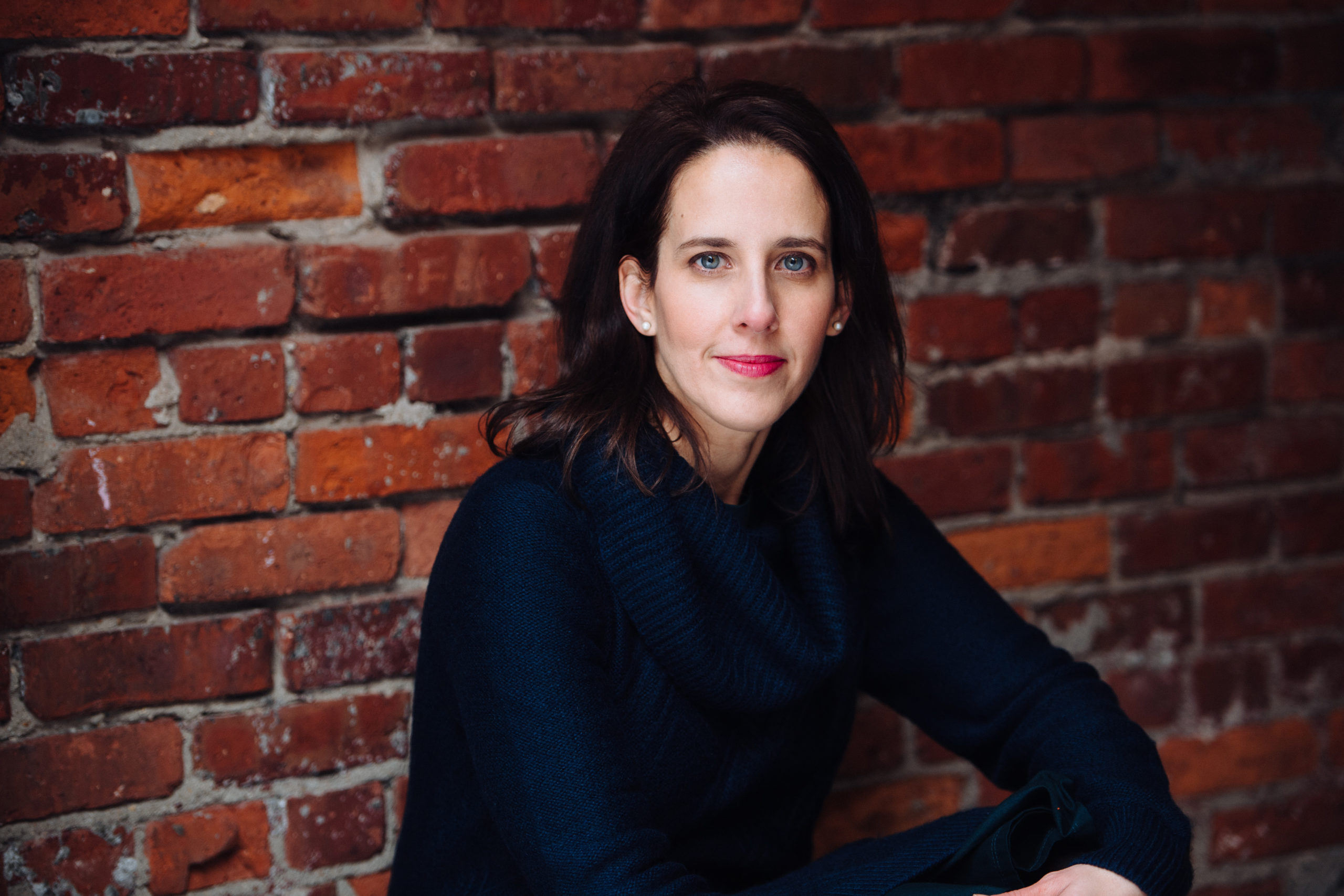“Anxiety turns us toward courage, because the other alternative is despair.” Paul Tillich
I’ve claimed “seasonal affective disorder” for years, and that may be so, but I’m starting to realize it’s not only summer to fall that is hard for me. It’s winter to spring, and spring to summer…transitions in general. I’ve never been one of those girls who can go from layered clothing and jackets to break out the sandals and sundress. I shed slowly. I come out into the light cautiously.
For most of my life, spring was my favorite season, until one day it wasn’t. The ephemeral quality of the raining blush blossoms and air the temperature of my skin had always felt Eden-like. But after Dan died, the cocoon of winter was more welcoming, slowing down time and expectations. Beautiful weather meant pressure to “go” and “do.” (Did you get out today? It was so beautiful! Are you doing anything for spring break? What are you guys doing for summer?”)
This year I hesitantly decided that spring would always have my heart. If only, if only-I thought, it lasted a little bit longer. If only the pink blossoms could stick around for a few weeks instead of a few days, or even less if there’s a downpour. The emerging green leaves have a finality to them…an “OK, folks- show’s over,” and I admit- I kind of hated them…until…
I read this poem. Audrey and I were riding home from her piano lesson in the car today and talking about what poetry really is. As I often do, I went on and on for a while. “Poems are concentrated, dense- they force you to slow down and pay attention in a different way than prose does…they make the ordinary extraordinary and the miraculous everyday- they turn things upside down.”
As it is National Poetry Month, and I was discouraged to hear from her that no one has mentioned that in school or in library class, I read her a few poems when we got home. One by Gerard Manley Hopkins called “Easter.” “He is the one that I told you said “I am so happy. I loved my life” on his deathbed, remember?” I ask her. “Ooooh, I love him!” she says. Another by Linda Pastan called “Imaginary Conversation.” “See how she mentions ordinary things like coffee and groceries and doctors amidst ‘Eve rubbing her eyes that first morning?’ And how about her metaphor of the coffee grinder sounding like a mind trying to clear itself? I love that.” And then I read her this one. “This poem really changed my mind about the green leaves that come in spring. This poet makes the pinks and whites seem trite compared to brave green.” I read the title, “Instructions on Not Giving Up,” and she stops me. “I thought you said this is about the pink blossoms and green leaves?” “It is,” I simply say. And then I read her the poem:

After I finish, I read the last few lines again. “The leaves are like fists,” I say, and she looks at me and I let my own fist open, palm up. “I’ll take it all…” she says slowly.





I love the poem, Julia. Thank you for sharing it. It’s been a very hard season/winter, and sometimes I feel like the green will never come out. But oh how they invite us to “a return to the strange idea of continuous living despite the mess of us, the hurt, the empty.” Yes, i’ll take it too, even if a bit at a time.
Thanks for reading, Christina. A bit at a time sounds just right.
Oh I needed this today. I love this poem and that poet. Spring has been my favorite season for a decade now, after I gave up summer for something softer. But this season I’ve struggled to enjoy what I normally love, the greening of the trees.
Thanks, as always, for reading, Dana. I’m starting to really think transitions are just more poignant than we normally think.
thank you, Julia.
I love this poem, Julia! I’ve never read it before. Thanks for sharing it.
It was a new one for me as well. American Academy of Poets posted it on social media.